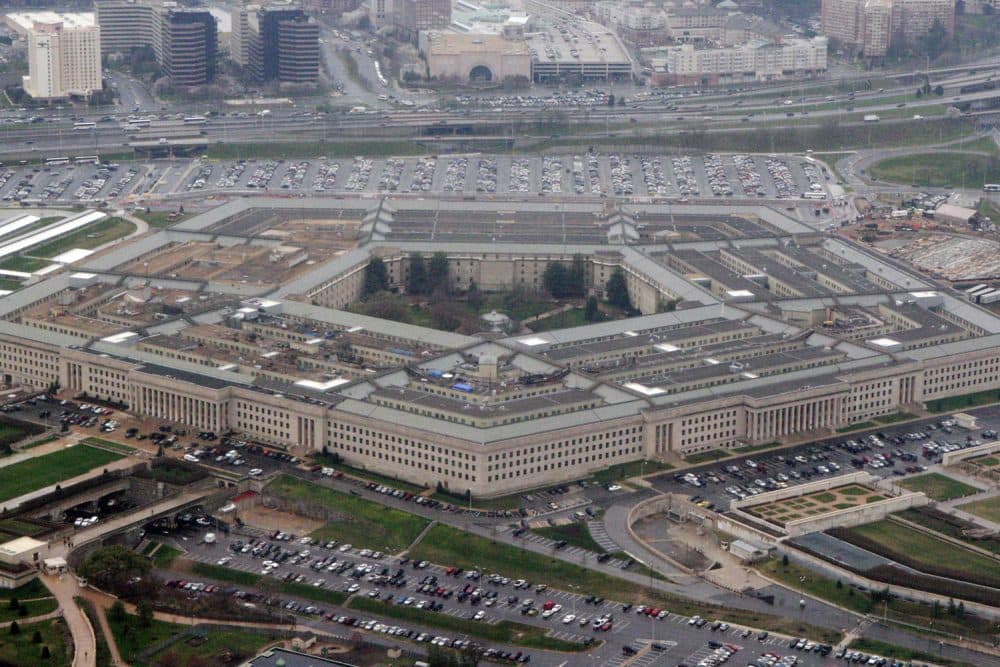Advertisement
Key Pentagon Papers Figure Dispels ‘Baloney’ Myths — But He’ll Still See ‘The Post’

Leslie Gelb, who led the Department of Defense project that generated the Pentagon Papers, said on NPR’s On Point Friday that he’ll see the movie “The Post,” even though he’s critical of the popular understanding of the pivotal moment in American history.
“They never talked to me,” Gelb said of the filmmakers. “The real story isn’t as interesting as the one they make up.”
In short, the Pentagon Papers were taken as the definitive account of the government’s beliefs about the Vietnam War in the late 1960s, demonstrating once and for all the enormity of the government’s duplicity.
But that’s “baloney,” Gelb said. In fact, it was a narrow look based on a limited number of documents and no interviews.
Full show: 'The Post' Puts Pentagon Papers Back On The Front Page
And while the papers did show that the government was lying about the war, that was only part of the story. Another part was the people who waged the war in Vietnam really did believe in it —believed that letting Communists take over there could lead to more and more Asian countries falling to Communism in the so-called “Domino Effect.”
“The people who wrote about it never say that,” Gelb said. “The people who make movies about it never say that.”
More on this show: Journalist Sally Quinn Says 'The Post' Is 'Fabulous' And Tom Hanks Captures Idealism Of Ben Bradlee
The leaker of the Pentagon Papers, Daniel Ellsberg, worked on the Pentagon Papers project for three months and wrote half of one paper, Gelb told On Point. Gelb eventually came to believe the release of the papers — which originally started out as a request from Secretary of Defense Robert McNamara to answer 100 hand-written questions — was the right thing to do.
Gelb also ended up working at the New York Times, the paper that fought court battles to release them.
Before his Times stint, Gelb had found out the papers were leaked when Times reporters called him and started asking him questions about the Pentagon Papers.
“You got the papers, didn’t you?” Gelb asked them. “And Ellsberg leaked them, didn’t he?”
The reporters didn’t answer. They just laughed, Gelb said.
This segment aired on December 22, 2017. The audio for this segment is not available.